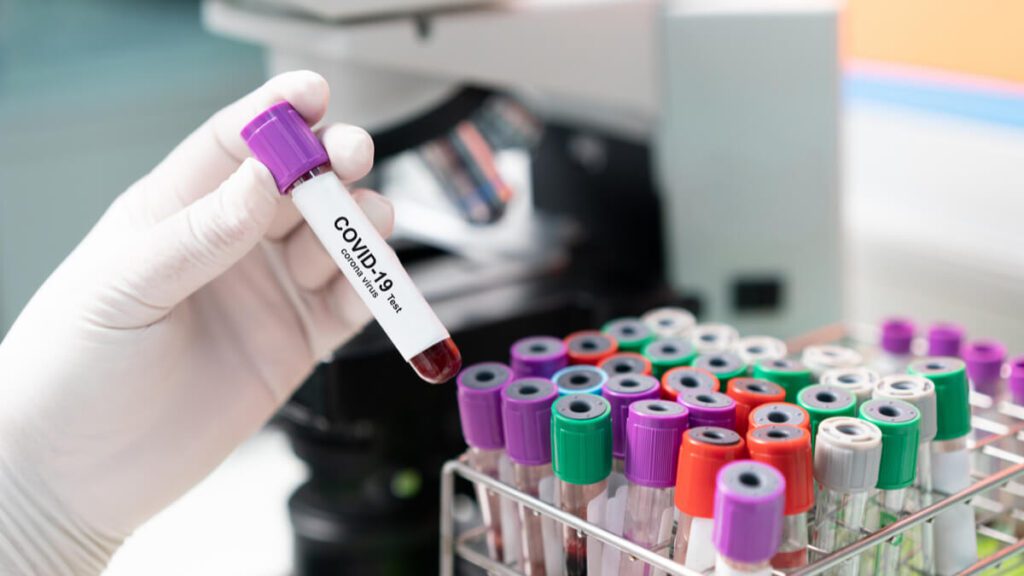
As we stretch the boundaries of technology and use it as an essential tool in our battle against the pandemic, we understand how critical vaccine development is to help us overcome current and future global heath challenges.
Professor Robin Shattock, from the Department of Infectious Disease at Imperial College London, is pioneering the development of a candidate vaccine. Clinical trials are underway to establish if the immune system will accept the vaccine and produce an effective immune response against the virus. So far, volunteers are ‘responding well’ to the treatment. The team are planning to conduct a larger trial with a sample size of 20,000 participants by the end of the year.
Development process
The vaccine is produced via synthetic process-self-amplifying RNA technology and uses synthetic strands of genetic code known as RNA that are based on the genetic material of the coronavirus. Once administered, the RNA will self-amplify and generate copies of itself instructing the body to make copies of a spike protein that is found on the surface of the virus. This will condition the immune system to respond better to the coronavirus so that the body can easily recognize and defend itself against it in the future.
Professor Shattock highlights several advantages of this new vaccine technology, such as the ability to produce millions of doses of the vaccine in a short amount of time and at a relatively low cost. Shattock believes that the vaccine technology can also be adapted in the future to enable other scientists to respond more successfully to pandemics.
According to Shattock, if the trials are successful, the vaccine will be distributed via a new social enterprise known as VacEquity Global Health, aiming to distribute extensively to LMICs (low- and medium-income countries).